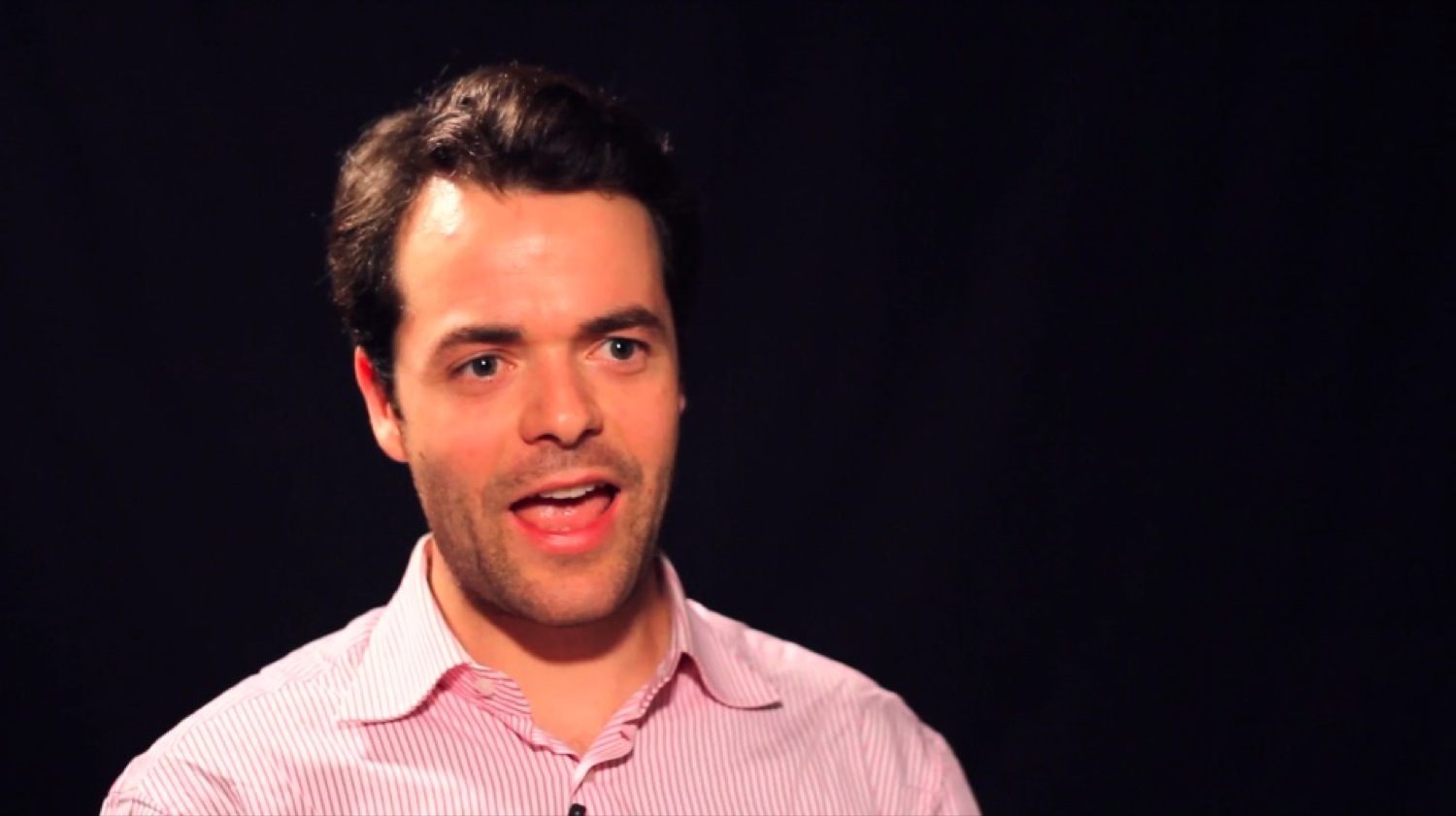In Chapter 12 of 16 in her 2012 interview, author and food writer Cathy Erway answers "How Have Thoreau's Words 'None can be an impartial or wise observer of human life from the vantage point of what we should call 'voluntary poverty' ' inspired your work?" These words, from Thoreau's "Walden", inspire Erway to put herself in a place to see things from another person's shoes, which opens a creative channel that becomes her blog and, progressively, her healthy food advocacy platform.
Cathy Erway is an author and food writer living in Brooklyn. Her first book, "The Art of Eating In" developed from her blog "Not Eating Out in New York". She earned a BA in creative writing from Emerson College.
Transcript:
Erik Michielsen: How have Thoreau's words "None can be an impartial or wise observer of human life but from the vantage point of what we should call voluntary poverty," inspired your work?
Cathy Erway: That's a very interesting quote, isn't it? I thought it was so audacious for him to say that. It's so -- You've never heard something like that. I haven't before, so I thought it was, "Wow, what a bold statement," and that's what really caught me when I saw it, and obviously if we could say it a different way it would make a lot more sense. So you could say, "Altruism is..." you know, "…the best way to get to know about life and people." But he said this kind of shocking, you know, word poverty, voluntary poverty, that's crazy, right? So it did inspire me and it made me feel brave to start a blog called, "not eating out in New York" because that sounds pretty weird, that sounds shocking, a little crazy, and I just knew that it was going to be -- it was going to work because of that, because I liked it. It just caught me.
Erik Michielsen: And was there sacrifice?
Cathy Erway: Was there sacrifice? I mean the whole experiment was like a big sacrifice. But I thought, you know, I thought of a lot different names that would sound nicer to you, on the ear, it would just kind of be evocative of, like fruits or something like, you know, something nice, something pleasant, something people like to hear. "Oh, you know, 'juicy tomato,' that sounds great." But that wouldn't really say anything about the blog so I was like just go ahead, just do it, just say, "not eating out in New York." "What?" You know…
Erik Michielsen: With regard to voluntary poverty, does that come back to being surrounded by so many professionals and a lot of wealth, and choosing to kind of go against that, and then tying that into your choices from a writing and food perspective?
Cathy Erway: Yeah, I think that that pretty much sums it up. I mean, voluntary poverty means you've taken it upon yourself to see things from another person's shoes. So, you know, going back to -- that's another way of putting that statement, right? So, yeah, I mean we live in the most cosmopolitan, arguably, city in the world. Of course there's a huge disparity of, you know, different incomes in the city, so you can see that all around you, but for the most part, I mean, yes, I mean we have everything at our fingertips, the greatest arts, the greatest food, which is what I was going to focus on, and, you know, Thoreau, his whole thing was he stepped away from society. That quote is from Walden, so he lived in the middle of the wilderness in Walden Pond actually, and survived, and learned how to survive basically on his own devices, so that's what I was comparing myself to doing by feeding myself all the time when there's so much non-need to do that.























